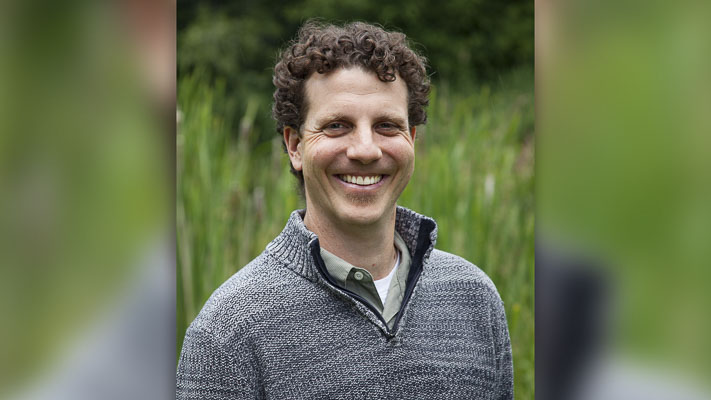
The goal of the study is to identify how socio-economic decisions and pathogen dynamics impact each other in the wildlife trade network, focusing on the amphibian pet trade
In the wake of a pandemic that has ties to the wildlife trade, a research team from five universities recently received a $2.75 million grant to study how biological, social and economic factors influence the pathogen spread through animal trade networks.
The project is being funded by the Ecology and Evolution of Infectious Diseases Program, a joint program of the National Science Foundation, National Institutes of Health and the U.S. Department of Agriculture.
The goal of the study is to identify how socio-economic decisions and pathogen dynamics impact each other in the wildlife trade network, focusing on the amphibian pet trade. The study aims to inform policies that support biodiversity conservation and prevent future pandemics.
“The global wildlife trade is a major pathway for the spread of diseases that affect both humans and wildlife,” said Jonah Piovia-Scott, associate professor at Washington State University Vancouver. “Our research focuses on the amphibian pet trade, but we expect it to yield insights about the biological and socioeconomic factors that influence the movement of pathogens through other kinds of wildlife trade networks.”
Piovia-Scott is a co-principal investigator from WSU on the project along with Jesse Brunner, associate professor at WSU Pullman. Both are from WSU’s School of Biological Sciences. Matt Gray, professor at the University of Tennessee Institute of Agriculture Department of Forestry, Wildlife and Fisheries, is the lead investigator.
The evolution, emergence and spread of novel pathogens has been widely discussed even before the first case of COVID-19 was reported in 2019. Many infectious disease outbreaks, like that of monkeypox, chronic wasting disease and COVID-19, have been linked to wildlife trade.
With more than 2.5 million amphibians imported in the U.S. each year for pets and more than 600 million live animals moving throughout more than 180 nations per year, the need for advanced pathogen detection and mitigation strategies is critical. This is the first study to investigate the bidirectional coupling between socioeconomic factors and pathogen dynamics across a tractable wildlife trade network.
“Our research is focusing on amphibian pathogens in trade but will be used as a model for other pathogens of concern,” Gray said.
In addition to the University of Tennessee and WSU, other collaborating institutions are Michigan State University, the University of Massachusetts and Rutgers University. The team is also collaborating with the amphibian trade industry through a partnership with the Pet Advocacy Network.
About WSU Vancouver
WSU Vancouver is in the homeland of Chinookan and Taidnapam peoples and the Cowlitz Indian Tribe. As one of six campuses of the WSU system, WSU Vancouver offers big-school resources in a small-school environment. The university provides affordable, high-quality baccalaureate- and graduate-level education to benefit the people and communities it serves. As the only four-year research university in Southwest Washington, WSU Vancouver helps drive economic growth through relationships with local businesses and industries, schools and nonprofit organizations.
Information provided by WSU Vancouver Communications.
Also read:
- Cardinals elect American pope to lead Catholic churchRobert Francis Prevost becomes the first American elected pope, taking the name Leo XIV following a fourth-round conclave vote.
- Camas Police arrest robbery suspectCamas Police arrested a 19-year-old Vancouver man following a reported armed robbery early Thursday morning.
- CCSO deputy involved in deadly force incidentA CCSO deputy reported fatally stabbing a DUI suspect during an altercation at the Ridgefield WSP Scale House.
- Opinion: Revolution or revival?Nancy Churchill argues that Washington state is ground zero for a Marxist-style revolution but says a cultural revival is possible through personal responsibility and the America First movement.
- WA governor pressed to veto $1.8B piece of Democrats’ tax billGrocers and restaurateurs are urging Gov. Ferguson to veto a surcharge in HB 2081 that they say will raise food prices statewide.
- CCSO makes arrest in attempted kidnapping investigationA 31-year-old Vancouver man has been arrested in connection with an attempted kidnapping involving a teenage girl near NE 149th Street.
- Changing roles: Brian Witherspoon accepts position as head coach of Camas girls basketballBrian Witherspoon has been hired to lead the Camas girls basketball program after serving as interim boys coach last season.











